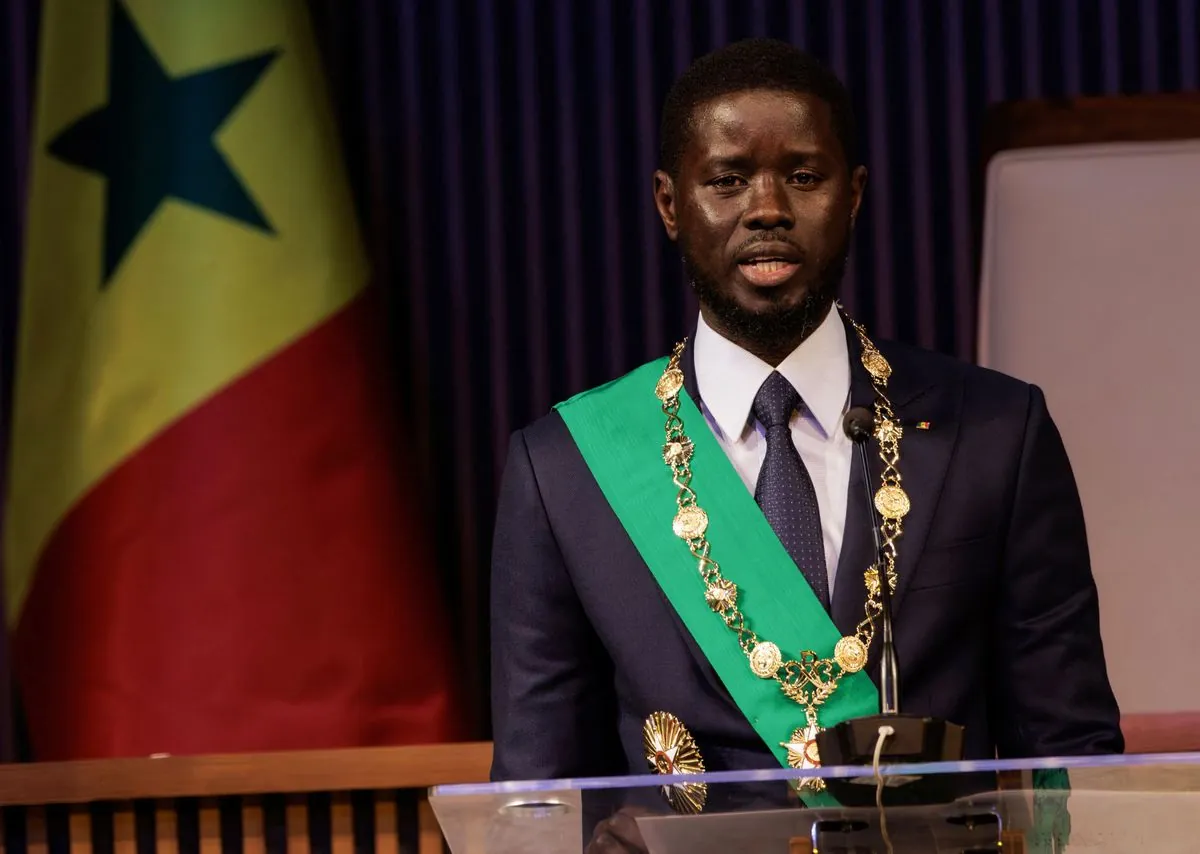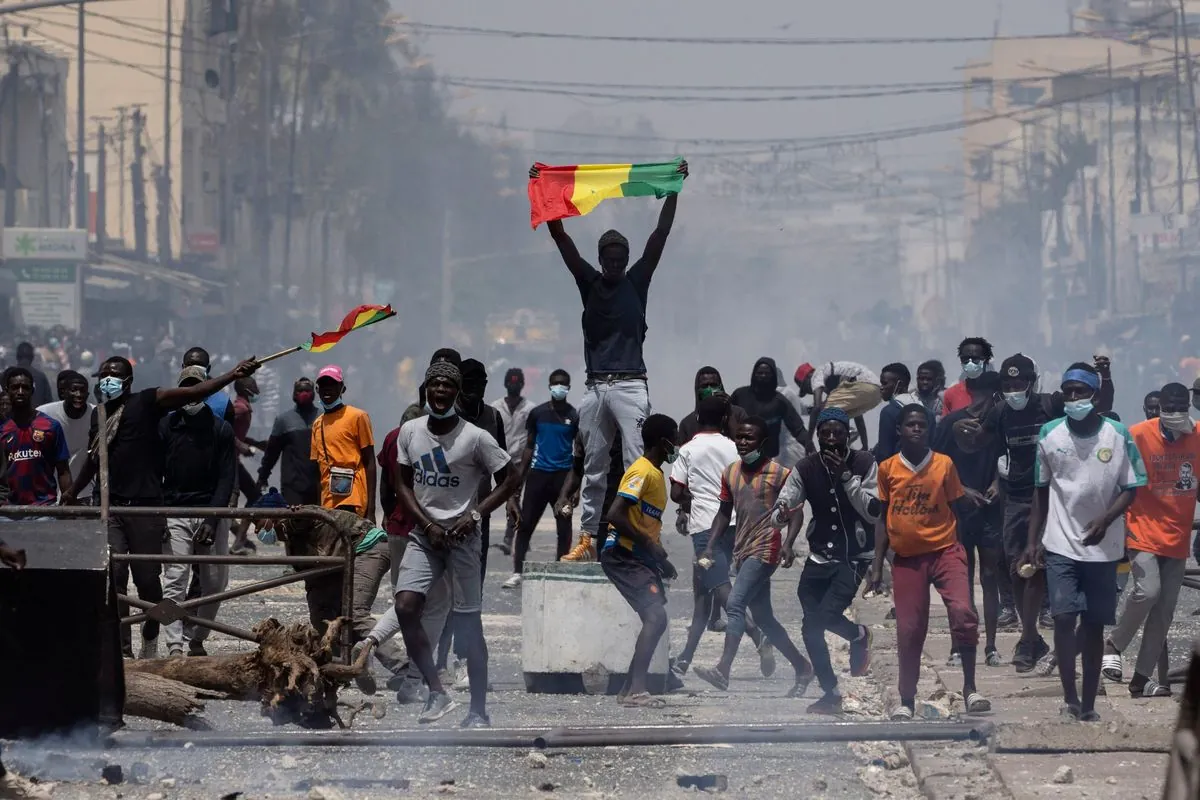Senegal's President Dissolves Parliament, Triggering Snap Election
Senegal's President Faye dissolves opposition-led parliament, calling for new elections within 90 days. Move aims to overcome reform obstacles, reflecting youth frustration and political change in Africa.

In a significant political development, Bassirou Diomaye Faye, Senegal's recently elected president, has dissolved the opposition-dominated parliament. This decision, announced on September 12, 2024, sets the stage for a snap legislative election within the next 90 days, as mandated by the country's constitution.
Faye, who assumed office in April 2024, won the presidential election with 54% of the votes, becoming Africa's youngest elected leader at 44 years old. His victory reflected widespread frustration among Senegal's youth with the country's direction, a sentiment echoed across the continent with the world's youngest population.
The dissolution of parliament comes as Faye and Prime Minister Ousmane Sonko face challenges in implementing their promised reforms. Their political party, PASTEF, lacks a majority in the assembly, which they claim has hindered their ability to execute their agenda. Analysts predict that PASTEF has a high chance of securing a majority in the upcoming election, given Faye's popularity and his substantial victory margin in the presidential race.

Senegal, known for its stable democracy in West Africa, has faced recent tests to this reputation. The presidential election in April 2024 was preceded by months of protests and concerns over term limits. Both Faye and Sonko were released from prison less than two weeks before the vote, following a political amnesty.
The country's demographic challenges are significant, with over 60% of Senegalese under 25 and 90% working in informal jobs. Senegal has been grappling with rising inflation, making daily life increasingly difficult for many citizens. These economic pressures have contributed to increased irregular migration to Europe, with thousands risking their lives on dangerous sea journeys.
"The tensions between the government and the parliament are unprecedented. It is all the result of the dysfunctions of the electoral process of the 2024 presidential election."
While the dissolution of parliament aims to overcome legislative obstacles, it is not without risks. The assembly has until the end of December 2024 to vote on the budget for the following year, and the new legislative elections might complicate meeting this deadline.
Senegal's rich cultural heritage and political landscape provide context to these developments. The country, which gained independence from France in 1960, has never experienced a successful coup d'état. It is home to seven UNESCO World Heritage Sites and is renowned for its musical traditions, including mbalax and Senegalese hip hop. The nation's commitment to democracy is intertwined with its vibrant culture, as exemplified by its colorful traditional clothing and unique forms of expression like Senegalese wrestling, known as "laamb."
As Senegal navigates this political transition, the upcoming legislative election will be crucial in shaping the country's future direction and its ability to address the pressing needs of its young population.


































